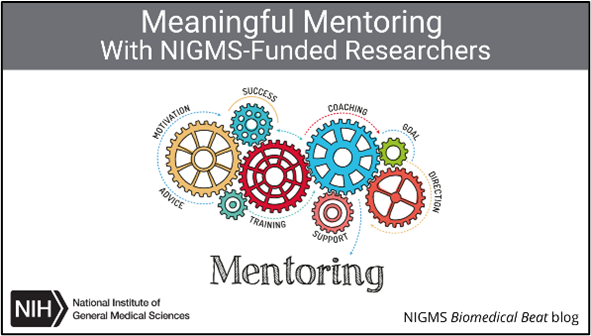Mentoring is a vital part of training the next generation of scientists. Through a variety of programs ranging from the undergraduate to faculty levels, NIGMS fosters the training and the development of a strong and diverse biomedical research workforce.
To celebrate National Mentoring Month, we’re highlighting a few of the many NIGMS-funded researchers who emphasize being great mentors. Check out the snapshots of our interviews with these mentors to see what they think about mentoring and to access and read their full stories.
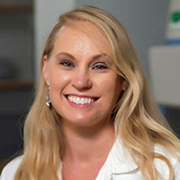
Scientist Studies Burn Therapies After Being Severely Burned as a Child
Julia Bohannon, Ph.D., inspired by her own experience of being severely burned as a child, researches therapies that could prevent patients with burns from developing infections. Dr. Bohannon also mentors students, particularly those who hope to be both parents and scientists. “I’ve had a lot of women ask me for advice on how to be a mom and pursue a career in academia, and it’s been a really cool experience to be able to share that with students and trainees,” she says.
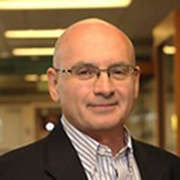
Training Students and Communications Science on Capitol Hill
Mikhail Bobylev, Ph.D., has mentored more than 70 undergraduates in his lab with support from the NIGMS-funded North Dakota IDeA Networks of Biomedical Research Excellence (INBRE). He believes that it’s imperative for established researchers to share their wisdom and experience. “Many of the people who inspired me as a young scientist are unfortunately no longer with us, but parts of them are living inside me, and I’m trying to pass their insights on to future generations,” he says. Thanks to his excellent mentorship, 10 of his students over the past 14 years were selected to participate in Posters on the Hill—a prestigious annual event where undergraduates presented their research to lawmakers in Washington, D.C.
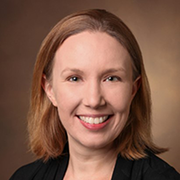
Career Conversations: Q&A with Structural Biologist Lauren Parker Jackson
The mentorship that Lauren Parker Jackson, Ph.D., received working in a structural biology lab as an undergraduate student set her on the path of becoming a scientist. Now, as an associate professor, she believes that mentorship of both students and peers is crucial. “I feel strongly that it’s important to be a mentor not only to trainees but also to your peers along the tenure track,” she says. “Peer mentoring is really important as questions arise about effective mentoring, time management, and teaching/service load.”
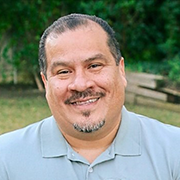
San Diego Postdoctoral Scholars Program Enhances Diversity in Biomedical Research
The NIGMS-funded Institutional Research and Academic Career Development Award (IRACDA) program in San Diego is increasing diversity in academia and research. “Training under a faculty member of color . . . solidified my decision to be a professor and gave me the courage to believe that I could do it,” says David J. Gonzalez, Ph.D., a former IRACDA fellow and current IRACDA mentor. “I feel a duty to mentor and inspire other underrepresented minorities and promote diversity, equity, and inclusion within the biomedical sciences.”
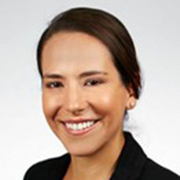
Career Conversations: Q&A with Biomolecular Engineer Markita Landry
Markita Landry, Ph.D., never had a female or Latinx science professor throughout her training. While she’s faced scientific hurdles along her career path, she says, “The main challenge in my research career is feeling like I, a Bolivian and Native American (Aymara) woman, don’t fit in.” Now in her own lab, where she uses nanoparticles to study chemical messengers and to genetically engineer plants, she prioritizes being a mentor for students, especially those from groups that are underrepresented in STEM.
Other Posts You May Like
- Understanding Signaling Through Cell Membranes: Q&A With Chrystal Starbird
- Bil Clemons: Following Scientific Curiosity
- From Science Fair to Science Lab: Q&A With Chelsey Spriggs
- Haley Bridgewater: Taking the Sting Out of Vaccines
- Investigating the Inner Workings of Ion Channels With Sudha Chakrapani


